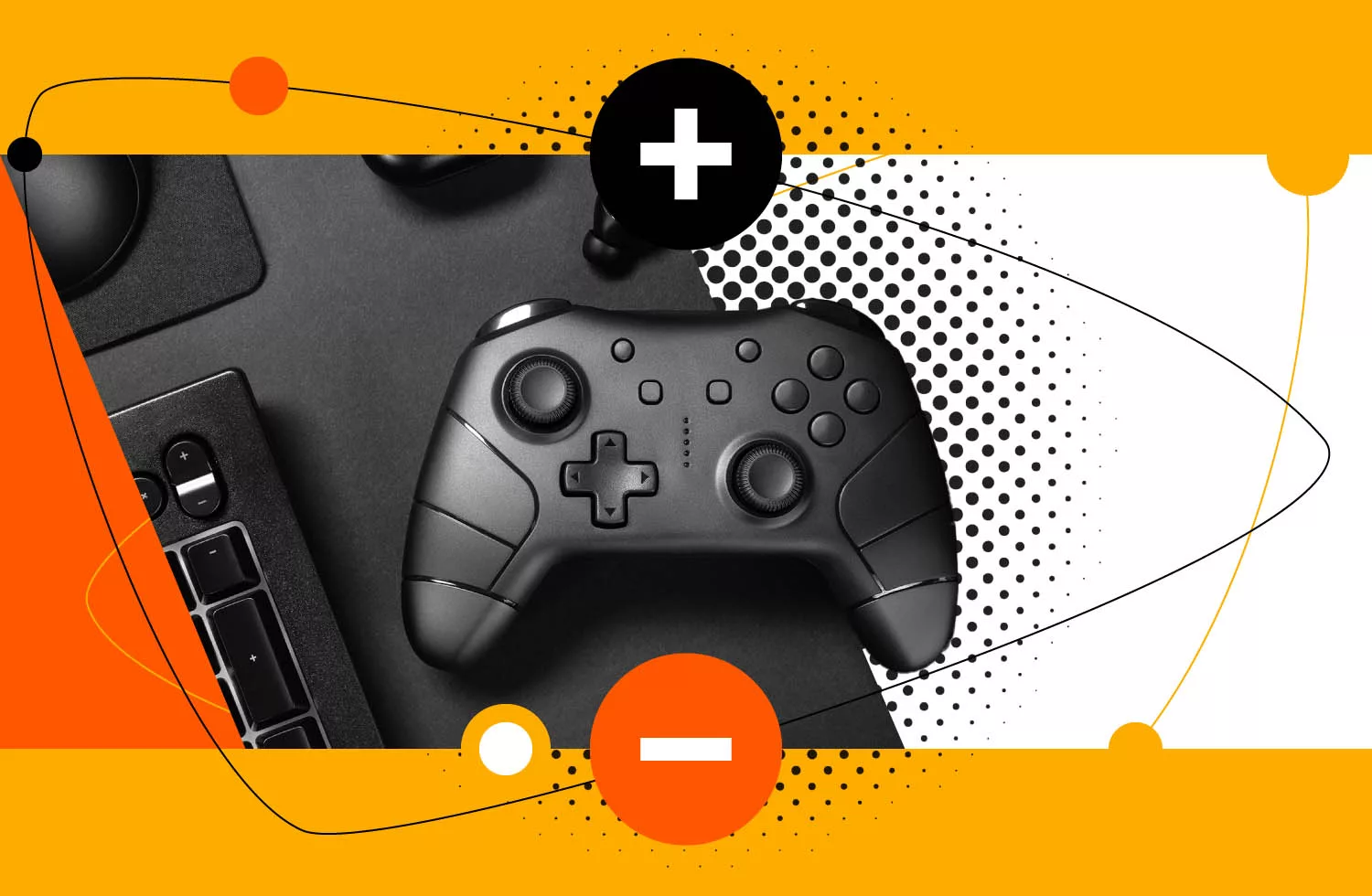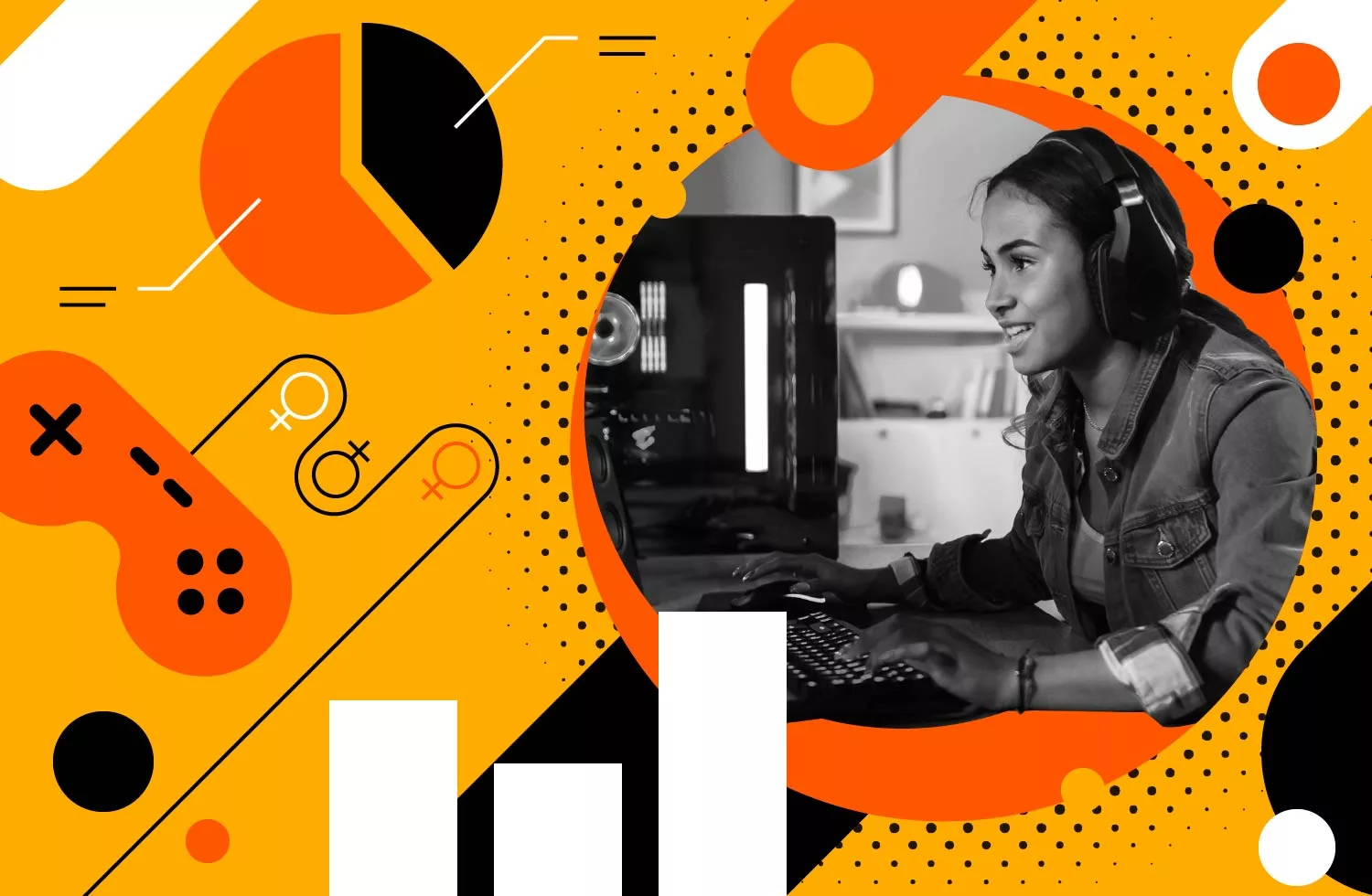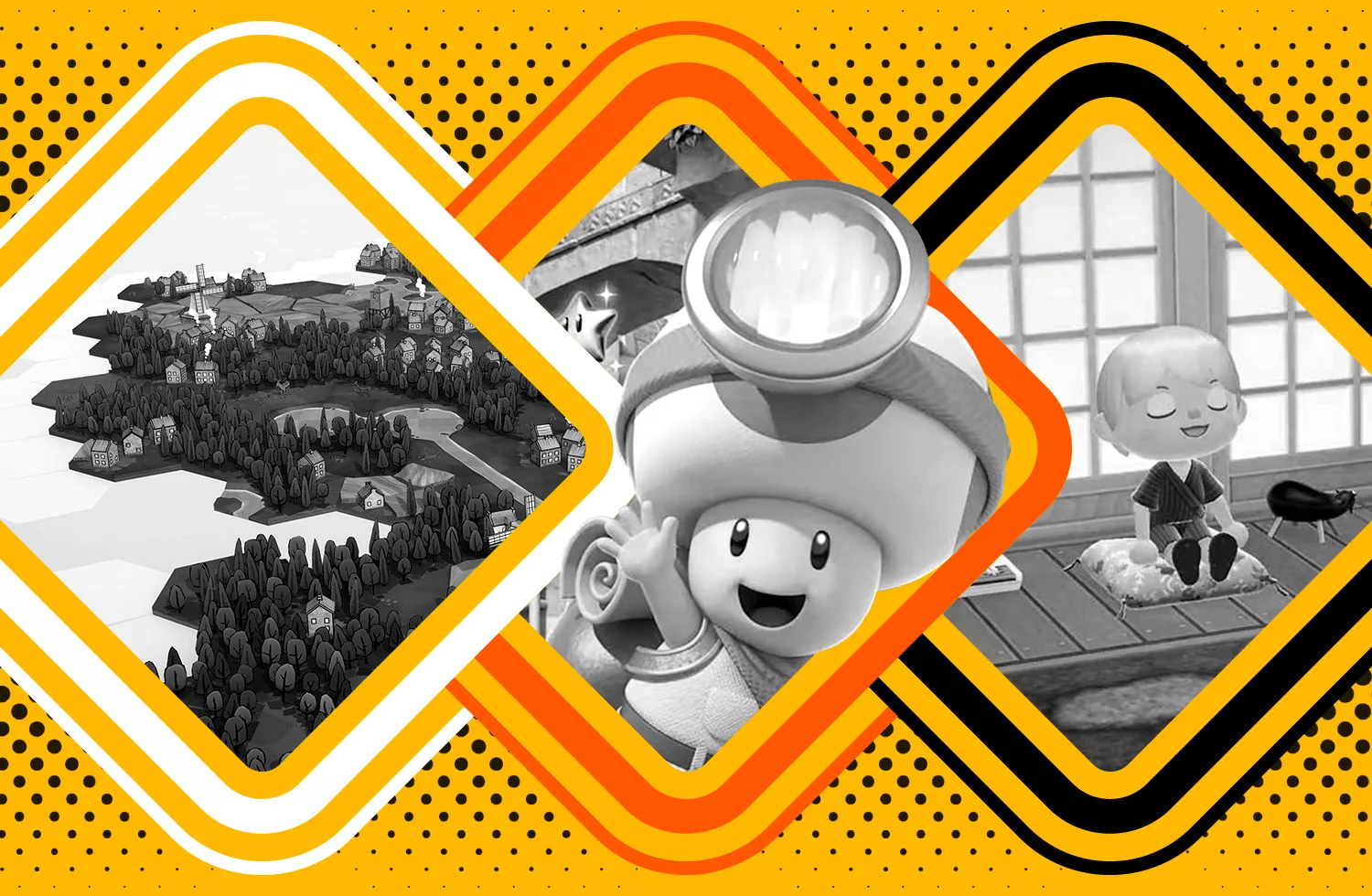
Do you enjoy playing mobile games, but feel the game would be better played on a PC instead? For all their qualities, mobile phones are still a long way behind PCs in some aspects.
Things like screen size, game controls, and keyboards will always be more usable and comfortable on desktop or laptop computers. If so, a game emulator may just enhance your experience.
That’s not to disparage the various mobile platforms, as their portability and range of games (of which, there are 477,877 on the Google Play Store) give them an advantage over their technological cousin. Of course, there are ravenous fans on both sides.
For every fiercely loyal mobile or PC fan, there are plenty of other people who would prefer the option to switch between the two at will – even in the same game. This is where the game emulator comes in.
The Game Emulator, Explained
Cross-platform play has been a controversial topic in recent years, as manufacturers like Sony simply weren’t interested in providing that kind of functionality to PlayStation owners. Notably, the block-building game Minecraft didn’t get crossplay on PlayStation until April 2021.
Mobile is a much more platform-agnostic or “open” environment, though, as Google’s Android OS allows for the use of game emulator tools on PC. Don’t worry if you’re expecting a steep learning curve – learning how to play mobile games on PC is easy.
A game emulator is a specialized piece of software that enables a game to run on a platform that it was not designed for. It emulates the conditions of the original hardware, allowing the game to run.
For instance, the official compilation Sega Genesis Classics uses a game emulator to get Sonic the Hedgehog or Streets of Rage (among others) working on Microsoft Windows, Linux, macOS, PlayStation 4, Xbox One, and Nintendo Switch.
A virtual console is the same thing as a game emulator, as it’s a reproduction of hardware in software form.
Are Game Emulators Available for Android and iOS?
There are plenty of questions to be answered already, with the most important one concerning the legality of these tools.
The mobile game emulator is a completely legal piece of software to use as it’s incapable of doing anything on its own. Emulators require Android APK files to function. These are basically the same as games and/or apps – but this is where things get a little complicated.
In summary, as long as the app is free on the Play Store, there are no legal concerns. Some emulators can even connect directly to Google’s own mobile marketplace.
Note that Apple, with its famous “walled-garden” approach to its own hardware and software, does not support the use of game emulator tools at all.
Find Something to Play On
First, it’s important to note the difference between simulation and emulation (or a simulator vs. a game emulator). When it comes to gaming systems, an emulator is a direct copy of all the functions of a particular platform.
It will fall apart if the emulator doesn’t imitate the hardware and its limitations. In contrast, a simulator provides an example or model of that system where the original rules don’t always apply.
The original Super Mario Bros. running on PC is game emulation. The original Super Mario Bros. remade for PC is a simulation.
BlueStacks is the game emulator most commonly associated with running mobile games on PC. As mentioned, it connects to the Play Store so that players can download apps as though their laptop or desktop was a phone – whether that’s productivity software or adventure games.
This game emulator has support for cloud-based gaming on around two hundred titles and counts many high-profile companies among its supporters, including Intel, AMD, and chip manufacturer Qualcomm.
Google’s Own Emulator
Google does offer its own Android emulator but, as it’s part of its developer studio, it’s a bit obtuse for everyday use. With BlueStacks, knowing how to play Android games on PC comes down to almost a single click.
Of course, as such an open ecosystem, there are plenty of other examples of the mobile game emulator on Android.
These include NoxPlayer, AndY, and GameLoop, which is the “official” software used to emulate the PC versions of Call of Duty and PUBG on mobiles, according to its Chinese publisher.
Staying Safe Among the APKs
It’s important to note that any given game emulator will have different features that determine its audience. GameLoop only accepts gaming apps but allows the use of APK files that didn’t come from the Play Store.
The importance of this trick, known as “side-loading” will become clear shortly.
NoxPlayer lets players record their app usage, which makes it useful for YouTubers or educators, as it can load APKs in any genre. It’s not just a game emulator.
Finally, AndY includes an option to have a mobile phone serve as a game control device when playing on a PC.
So, what’s all that about side-loading?
One of the great benefits of the mobile game emulator is that long-forgotten and deleted Android apps can often be found preserved in the internet’s many APK repositories.
Remember Tap Tap Revenge? Flappy Bird? Dragon Coins? These once-popular games are all now missing from the Play Store but can still be downloaded from unofficial sources.
While it’s just another thing that’s banned on iOS devices, Android allows sideloading as standard. There are some things to be aware of, however.
One of the major reasons why Google wants its userbase to get its fitness trackers and robot games from the Play Store is security.
The search giant can’t do anything to prevent an app from stealing data or installing malware on a phone if it comes from a third-party website.
Using Trusted Outlets
It’s therefore important to download only from trusted and established APK sites. The popular news website Android Police hosts its own app website called APKMirror, which should serve most people interested in a game emulator well.
Overall, learning how to play mobile games on PC shouldn’t be a difficult task for most savvy mobile users or PC enthusiasts.











